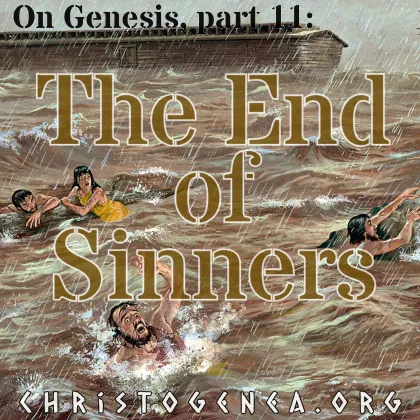April 2023 Open Forum Discussion

Monday, May 1st, 10:00 AM: Evidently, our sound editor had left a 15 minute gap at an edit point in the final hour of the recording, however there was no missing content. The gap has now been repaired, and we apologize for any inconvenience.
Among the topics discussed: Why should Christians endeavor to keep the law?; Why would Yahweh “allow” the fallen angels to corrupt men?; Should a woman who is a widowed mother rule a household?; How would people “come out” of Mystery Babylon after it falls?; The media chatter over monkeypox fizzled: only 38 apparent sodomites in the U.S. died of monkeypox and 33 of them were black; Discipline, work and sleep habits; Materialism; young men and vocations; The meanings of Hebrew words for branch, Nazarene and Nazarite; Was Samuel a Nazarite?; Jacob and Esau, debate over the birthright; Danny Updegraff talks about early Christian Identity, Bill Gale and Jeanne Snyder; Indians, Canaanites and Casinos; Deception in the Judaized churches…








 Please click here for our mailing list sign-up page.
Please click here for our mailing list sign-up page.








Recent comments